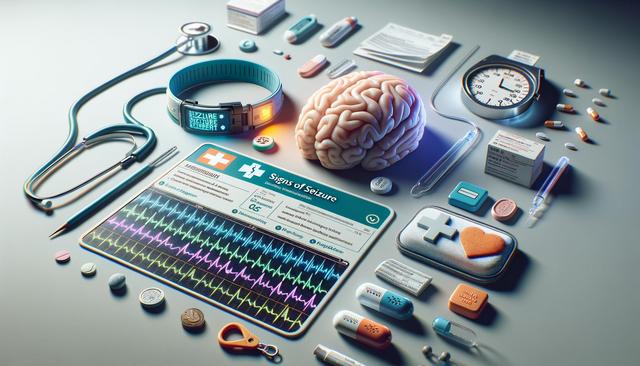Understanding Stomach Cancer and Its Development
Stomach cancer, also known as gastric cancer, begins when cells in the inner lining of the stomach start to grow abnormally. This condition can develop slowly over time, often starting with precancerous changes in the stomach lining that go unnoticed due to the absence of early symptoms. By the time signs become apparent, the disease may have already progressed, which makes awareness and timely action highly important. While it can affect anyone, certain factors can increase the risk, including chronic gastritis, smoking, a diet high in smoked or salty foods, and a family history of the illness.
The stomach plays a vital role in digestion, and any disruption to its normal function can result in noticeable changes. Early detection remains a key component in managing stomach cancer effectively. Understanding how this type of cancer develops can empower individuals to seek medical advice when symptoms arise and potentially improve outcomes through timely testing and treatment.
Common Physical Symptoms to Watch For
Stomach cancer can present itself through a range of physical symptoms, many of which can be confused with less serious conditions. However, persistent or worsening signs should never be ignored. Among the most commonly reported symptoms are:
- Persistent stomach pain or discomfort
- Feeling full after eating small amounts
- Unexplained weight loss
- Loss of appetite or food aversion
- Persistent nausea or vomiting
These symptoms may vary in intensity and frequency. For example, fullness after eating small portions could indicate that a tumor is interfering with normal digestion. Nausea or vomiting, especially if blood is present, should be evaluated immediately. While these signs do not confirm stomach cancer, they are important indicators that something may be wrong and warrant further medical evaluation.
Changes in Digestion and Bowel Habits
Another area where stomach cancer can manifest is in changes related to digestion and bowel habits. These symptoms may be subtle at first but can become more prominent as the condition progresses. People experiencing these signs should take them seriously:
- Indigestion or heartburn that does not go away
- Frequent bloating or gas after meals
- Difficulty swallowing (dysphagia)
- Black or tarry stools, which may indicate internal bleeding
Changes in bowel movements, especially when accompanied by fatigue or dizziness, could be signs of internal blood loss. Difficulty swallowing might point to a tumor near the junction of the stomach and esophagus. These issues can significantly impact quality of life and often serve as early warning signs that should not be overlooked.
When to See a Doctor
While occasional digestive issues are common, certain symptoms should prompt a visit to a healthcare provider. If you experience any of the following for more than a few weeks, it’s important to seek medical advice:
- Persistent upper abdominal pain
- Ongoing nausea or vomiting
- Rapid, unexplained weight loss
- Feeling full quickly during meals
Early consultation can lead to timely testing such as endoscopy, imaging, or biopsy to determine the cause. Doctors may also recommend blood tests to check for anemia or other abnormalities. The earlier stomach cancer is diagnosed, the more treatment options are available. Waiting too long can limit the effectiveness of care, so erring on the side of caution is always wise when symptoms persist.
Reducing Your Risk and Staying Informed
Though not all cases of stomach cancer can be prevented, certain lifestyle changes can help reduce risk. Maintaining a healthy diet rich in fruits and vegetables, limiting processed meats, avoiding tobacco, and moderating alcohol intake are all positive steps. Additionally, people with a family history of stomach cancer or known genetic conditions should consider regular screenings or consultations with a specialist.
Being informed is a powerful defense. Knowing the signs and acting quickly can make a significant difference. Keep an eye on your body and stay alert for symptoms that seem unusual or persistent. Be proactive in seeking medical advice when needed and encourage loved ones to do the same. While stomach cancer can be serious, early detection opens the door to more effective treatment and improved quality of life.
Conclusion: Stay Alert and Take Action
Recognizing the signs of stomach cancer is crucial for early detection and improved outcomes. Although the symptoms may mimic less serious conditions, ongoing or worsening issues should not be ignored. Whether it’s persistent stomach pain, a full feeling after small meals, or unexplained weight loss, these signs deserve professional attention. By staying informed, paying attention to your body, and seeking timely medical advice, you can take meaningful steps toward protecting your health. Encouraging awareness among friends and family also helps others stay safe and informed.


